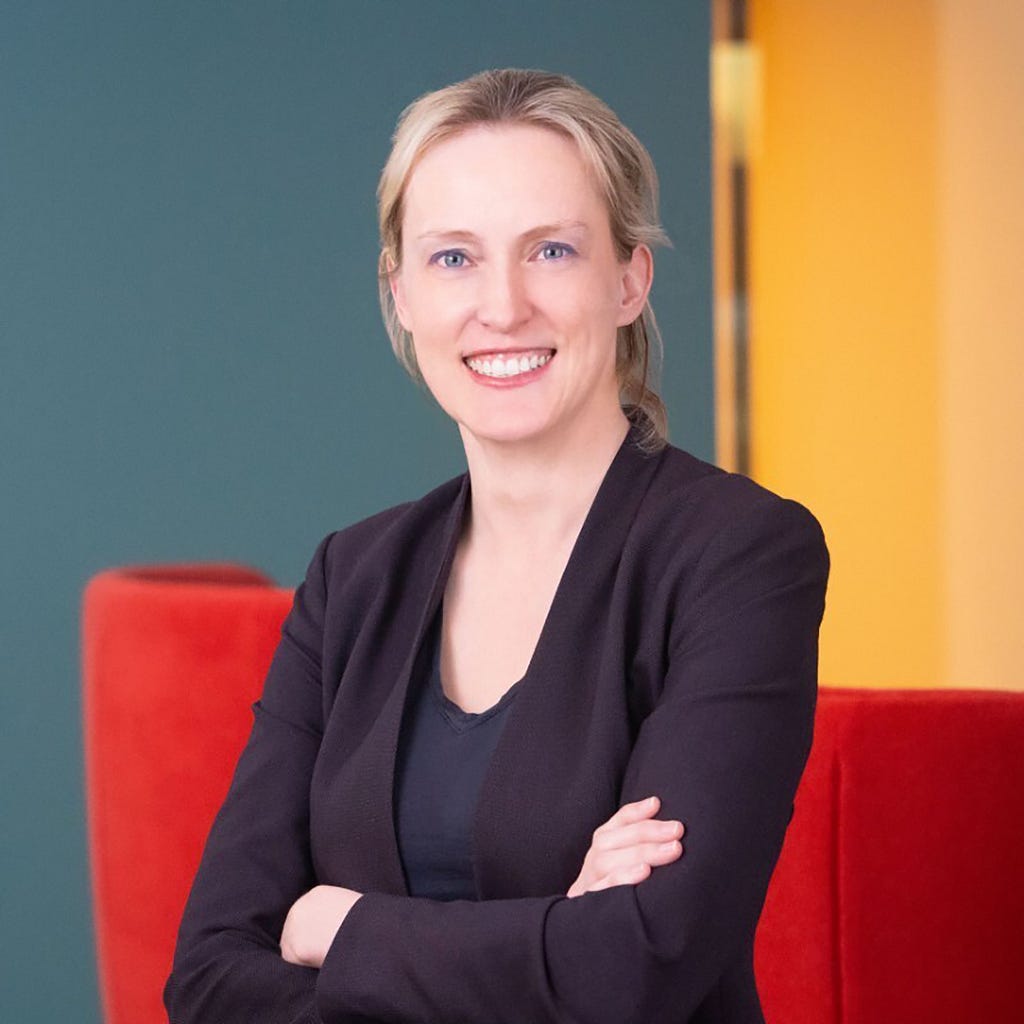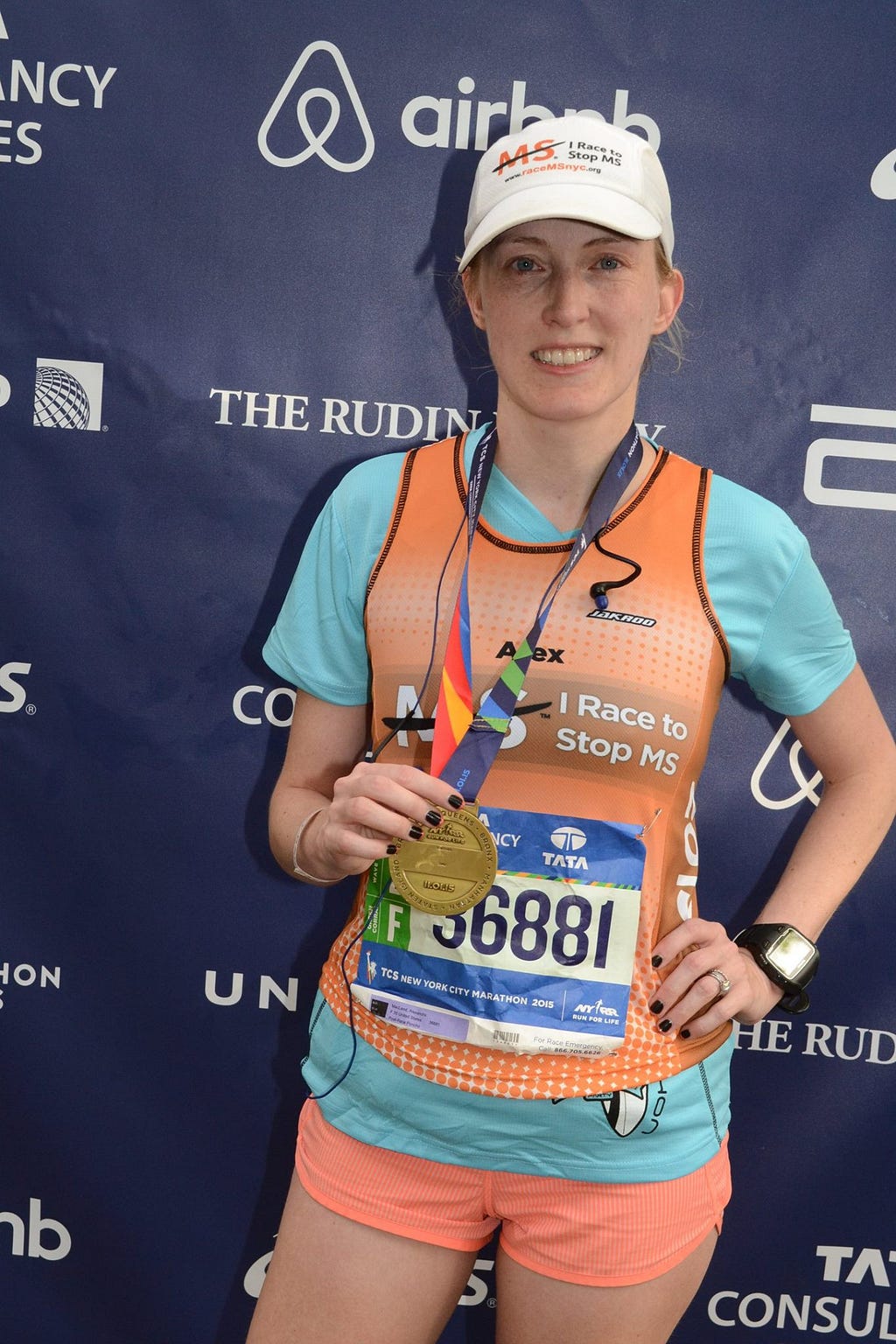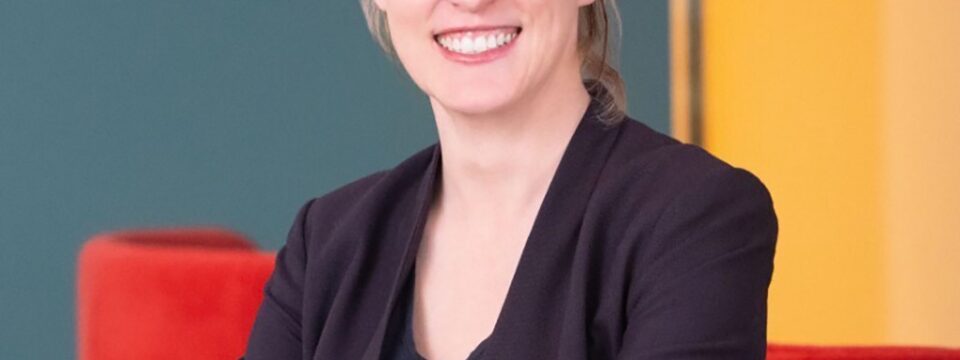Health Tech: Alex MacLeod On How InterSystems’ Technology Can Make An Important Impact On Our Overall Wellness

…my first advice is always think of other human beings who this technology will serve. As an example, we offer a patient portal component as part of our offerings and when I speak to clients about it, I will talk about it from my viewpoint as a user — I am not only a patient, I access my kids’ data. What challenges do I encounter in my daily life and how does this help?
In recent years, Big Tech has gotten a bad rep. But of course many tech companies are doing important work making monumental positive changes to society, health, and the environment. To highlight these, we started a new interview series about “Technology Making An Important Positive Social Impact”. We are interviewing leaders of tech companies who are creating or have created a tech product that is helping to make a positive change in people’s lives or the environment. As a part of this series, I had the pleasure of interviewing Alex MacLeod.
Alex MacLeod is the Director of Healthcare Commercial Initiatives at InterSystems where she leads the company’s healthcare data management capabilities. She’s been an integral part of the InterSystems team for over twenty years; starting as a hands-on technical intern, she worked her way up to a leadership position as director at the company’s Boston headquarters. Moving into the healthcare business unit has allowed her to focus on her commitment to improving patient care for all while advancing healthcare into the digital age.
Thank you so much for joining us in this interview series. Before we dive in, our readers would love to learn a bit more about you. Can you tell us a bit about your childhood backstory and how you grew up?
I grew up in Frankfurt, Germany with a typical, happy childhood. My dad was in IT, so from watching him and seeing the type of work he did, I knew from an early stage that’s the area I wanted to go into. When I was young, we vacationed in the U.S. every other year and I dreamt of living here for a few years. I started with InterSystems as an intern and was able to intern both in Germany and the Cambridge headquarters and saw multiple parts of the company. I was lucky to be offered a job in the U.S. when I graduated.
Can you share the most interesting story that happened to you since you began your career?
I think the times that stand out most in a career are when there is an emotional connection to the work. I’ve been lucky that I’ve been able to work in healthcare basically my entire career because we’re all patients or caregivers at some point in our lives. It gives me a personal connection to the ‘why’ behind the work. While every day is exciting to me, I remember a particular prospect I met with that was focusing on Multiple Sclerosis (MS) and how to improve outcomes for patients living with the disease. There is MS in my immediate family so while I always feel personally invested, this was special to me and hit very close to home. I could envision a future where something we accomplished together would make a difference in the lives of people directly connected to me.
None of us are able to achieve success without some help along the way. Is there a particular person who you are grateful towards who helped get you to where you are? Can you share a story about that?
There are a lot of people that I have had the benefit and pleasure of watching and learning from, so I guess they were mentors to me without even knowing it. The real help often comes from where you don’t even expect it. There was one particular individual that worked in PR/communications for us — he interviewed me for a little internal series that showcased people inside the company to help people meet fellow employees. Apparently, he liked what he heard because he kept suggesting my name afterwards to speak in very public forums, keynote panels and such. I didn’t know he was doing this. I thanked him for it when I found out later because my name probably just wouldn’t have come up without him sponsoring me and giving me those opportunities to show what I can do.
Can you please give us your favorite “Life Lesson Quote”? Can you share how that was relevant to you in your life?
My dad bought me this little plaque that is still on my wall that reads:
“Don’t walk in front of me, I may not follow
Don’t walk behind me, I may not lead
Just walk beside me and be my friend”
While there are probably a ton of other quotes that I like, this one has been with me since childhood and I do always operate with the knowledge that we are all humans. It doesn’t matter what title the person has you are talking to, we are all humans, and that’s how I try to treat people.
You are a successful business leader. Which three character traits do you think were most instrumental to your success? Can you please share a story or example for each?
I am passionate, hungry and determined which is what got me to where I am today. Passion is infectious, in a good way. People get excited when they see that you really care about and believe in what you’re doing. I spend a lot of my time in the field with customers and probably talk way too fast because I get excited. I once put money on the table because I was betting on our product performing at the scale a client was looking for. Don’t try this at home, you really have to choose your moments and know your audience, but in that particular instance, it worked and the client was thrilled that we a) believed and b) didn’t shy away from a challenge. This brings me to being hungry — I almost never say “no” to new challenges because you can always learn something new. I actually look for people that are “hungry” when I hire. I care more about them being curious and wanting to learn and wanting to do more than them knowing a particular programming language, for example. While these traits come naturally to me, I think determination is the one that takes work — because there will most certainly be situations where you fail or question yourself and you have to just keep the end goal in mind and try to stay positive to reach your goal.
Ok super. Let’s now shift to the main part of our discussion about the tech tools that you are helping to create that can make a positive impact on our wellness. To begin, which particular problems are you aiming to solve?
InterSystems is working with its customers to bring increased scalability and enhanced interoperability for large-scale deployments. There is a need for better record keeping and increased interoperability; one in five hospital chief information officers say patients have been harmed due to record mismatches. As the healthcare industry continues to navigate health crises like COVID-19, it is essential to support collaboration through shared, easy access to patient health records. There are several parties involved in the overall care of individuals and communities so when healthcare providers, payers, and public health organizations don’t have easy access to patient records, they cannot deliver the best possible health outcomes.
How do you think your technology can address this?
It is common for individuals to see various healthcare providers in different organizations, in fact, the average U.S. senior patient sees more than seven different providers per year. With different providers and Medicare plans, it is essential to connect data from these sources to ensure providers have access to a patient’s complete medical history and can make informed decisions. InterSystems HealthShare®, an advanced interoperability platform, helps do so by unifying clinical, administrative, claims, and social determinants data and connecting systems. The HealthShare platform supports the development and implementation of digital health data for care planning and delivery, payer-to-payer data exchange, and analytics. With increased access to unified care records, there is more collaborative care powered by data driven decisions, ultimately resulting in better operational workflows and patient care.
Can you tell us the backstory about what inspired you to originally feel passionate about this cause?
Throughout my time at InterSystems, I have worked in several different areas, but healthcare tech has been the most exciting. I have always loved math and the challenge of solving complex problems, so I was naturally drawn to this line of work. There is always a new challenge to solve and it has an impact on real lives. I also find that I am often in various meetings discussing healthcare issues that I have a personal connection to and it helps me understand patients’ needs and the significance of the work we are doing.
How do you think this might change the world?
Our technology helps care providers access data earlier and puts patients in a better position for a positive outcome. InterSystems worked with UC Davis Health, to process large volumes of genomic data stored off platform that was once unsearchable and untied to patient charts. With InterSystems IRIS for Health™ and HealthShare®, the organization was able to bolster genomic data reporting bringing 50 discrete data points to clinicians’ fingertips. This resulted in less time searching for reports, providing more data with important insights and easy access to clinical trial information, and timely care. Ultimately, these benefits provide patients with a better chance of winning their battle against cancer.
Keeping “Black Mirror” and the “Law of Unintended Consequences” in mind, can you see any potential drawbacks about this technology that people should think more deeply about?
I think we just have to focus on the right use cases. I am pretty passionate about machine learning myself but I like to look at administrative problems rather than using it to make clinical decisions for example. That’s a very complex domain and clinicians are highly trained, I would rather focus on use cases like predicting no shows for appointments, predicting readmissions so you can use it to decide where to focus your intervention efforts or maybe chat bot type logic to aid the bedside workflow. We also have to be very aware of the data we are basing our decisions on — in some cases we have years of disparity sitting in these data assets and now we’re using them to predict the future, so the models will be tilted unfairly to certain subgroups. Awareness of some of these issues is half the battle.

Here is the main question for our discussion. Based on your experience and success, can you please share “Five things you need to know to successfully create technology that can make a positive social impact”? (Please share a story or an example, for each.)
We have touched on some of these already but my first advice is always think of other human beings who this technology will serve. As an example, we offer a patient portal component as part of our offerings and when I speak to clients about it, I will talk about it from my viewpoint as a user — I am not only a patient, I access my kids’ data. What challenges do I encounter in my daily life and how does this help?
Second, we often learn from other industries or domains. In healthcare we are seeing a shift now to consumer-oriented thinking — if you look at how banking works or what service airlines provide their customers, a lot of that can translate to what we want a patient’s experience to look like when they use technology.
Third, and I have mentioned this before, find something you are passionate about. You will inevitably connect with others who are passionate about it and that will make you more credible wherever you take this technology.
Fourth, I have mentioned how biased or skewed data can be and so can we as human beings. My experience and the way I live does not translate to how other people perceive certain things. Just because I have high-speed internet at home does not mean everybody else does. Try to really step back and think about who will benefit from what you do and learn what helps them best.
Lastly, have fun. It sounds unimportant but it is quite key in my experience.
If you could tell other young people one thing about why they should consider making a positive impact on our environment or society, like you, what would you tell them?
Doing something where you feel like you do some good in the world gets you up in the morning. We spend a large amount of time at work so I can’t imagine doing something that doesn’t make me happy.
Is there a person in the world, or in the US with whom you would like to have a private breakfast or lunch, and why? He or she might just see this, especially if we tag them. 🙂
This is a really tough one, I could name a whole slew of people. I guess the most relevant to this conversation would be Judy Faulkner or Bill Gates. They both impress me, they’ve led the way with technology in their respective fields and I’d love to learn from them. If I get to add one more to raise my chances, it would be Jacinda Ardern — to me she’s the picture of a powerhouse female who shows us what it means to combine a career and motherhood.
How can our readers further follow your work online?
I encourage readers to connect with me on LinkedIn and visit the HealthShare page to learn more about our solutions. To learn more about how InterSystems can support your organization’s specific data management needs, contact us today and a member of our team will be in touch.
Thank you so much for joining us. This was very inspirational, and we wish you continued success in your important work.
Health Tech: Alex MacLeod On How InterSystems’ Technology Can Make An Important Impact On Our… was originally published in Authority Magazine on Medium, where people are continuing the conversation by highlighting and responding to this story.
